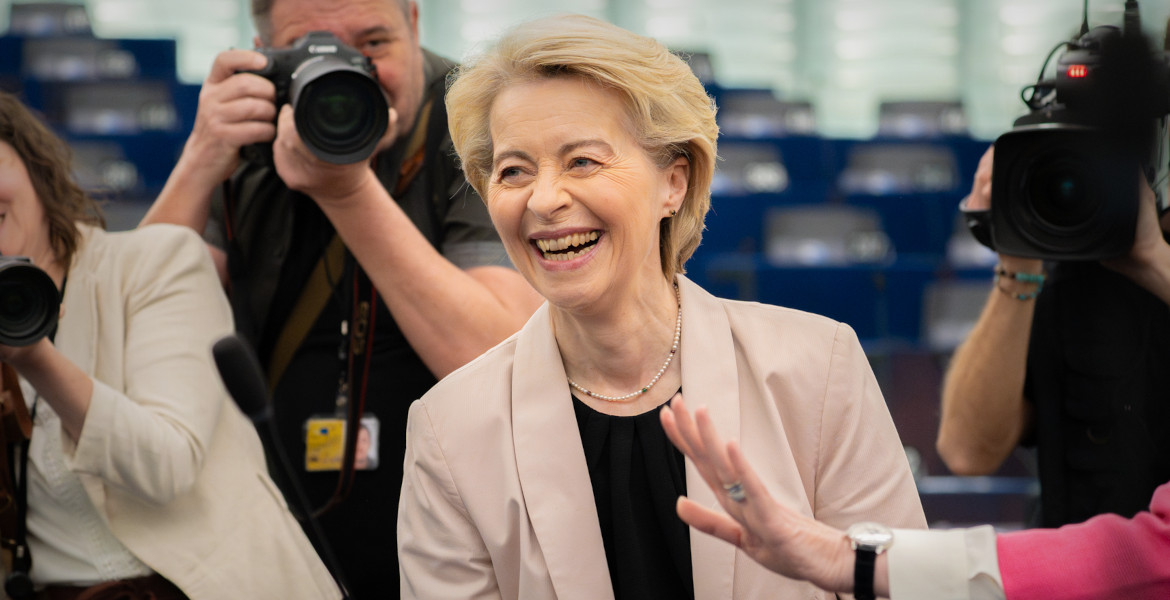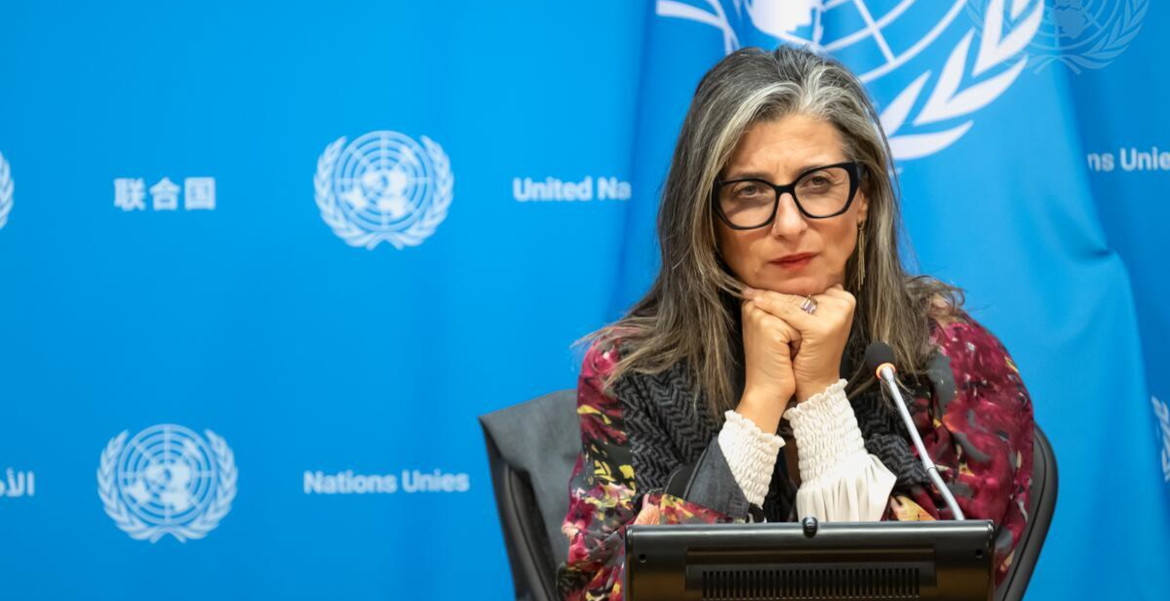Swedish peace researcher Frida Stranne argues that the collapse of the US as a superpower began in the early 1990s.
She writes that American leaders during this period “allowed the idea of global dominance to become the driving foreign policy strategy” – but that the trend could have been reversed if Europe’s leaders had acted independently instead of continuing to allow their countries to be “vassal states of the US”.
Stranne, who is an associate professor of peace and development research and senior lecturer in political science at Halmstad University, says the rise and fall of empires is fascinating in many ways – but that it is also “astonishing” to see how difficult it seems to learn from history, understand why previous great powers have fallen and act on that knowledge.
She points out that the weakening of the US as a state and its collapse as a superpower began 35 years ago when it launched its strategy to dominate the world through military power and intervention.
“In my historical analysis of US foreign policy, I have identified that the US began its own weakening (collapse as a superpower) as early as 1991 when it chose to place bases in Saudi Arabia in the context of the Gulf War, and then let the idea of global dominance – become the driving foreign policy strategy, including by trying to reshape the Middle East by military means”, she writes in an analysis on Facebook.
“Weakens the empire’s competitiveness”
She points out that, according to several analysts, this is often a very bad strategy because “the military and territorial commitments grow faster than their economic resources can support them”.
“This leads to an imbalance between the ambitions of power and the economic means to sustain them, which in turn weakens the empire’s competitiveness against rising rivals”.
The bases in Saudi Arabia were followed by sanctions and wars of aggression – such as the “war on terror”, which cost US taxpayers thousands of billions of dollars – at the expense of investments and projects at home that never materialized.
“With the bases in SA and a number of other decisions in the 1990s (not least a hair-raising sanctions policy in Iraq), the foundations were laid for what later became the war on terror. Something that has cost American taxpayers unimaginable sums”, she continues.
Neoconservatism takes over
“When neoconservative ideologues came to dominate all foreign policy analysis in Washington DC since the early 2000s and became the general norm among the security elite, the collapse of the US became, in my opinion, inevitable. Perhaps above all because this ‘thinking’ found its way into the Democratic Party, which was re-militarized and did not articulate any alternatives to the ‘claim to dominance‘”, she further explains, describing Barack Obama as “a chimera who said one thing but did something entirely different”.
When the US illegally invaded Iraq to topple Saddam Hussein and the ruling Baath Party, many politicians in Europe initially opposed the war – and there were widespread protests. But this did not last long, as the same ideology that dominates in the US also had a strong influence in Europe.
“It quickly died out as a consequence of neo-conservative ideologues managing to influence the whole of Europe through the influence of our political spheres (combined with the US NSA eavesdropping on our European leaders)”.
A submissive Europe
Stranne cites analysts who argue that political polarization, economic inequality and rapidly rising budget deficits over the past two decades have also contributed to the growing unsustainability of US global dominance and that many have also tried to warn about the consequences for the rest of the world.
“The combination of ever-expanding global power ambitions, a lack of diplomatic efforts, a naïve belief in military means, and the acute developments at home – for which the Democrats are actually very much to blame – has been a disaster. But this could have been avoided if Europe had not been so submissive and had realized that another path would have been preferable”, she says.
She argues that European leaders have “blatantly” allowed their countries to remain “vassal states of the US” instead of acting independently, following international law, or respecting nations in the Global South.
“They have listened to exactly the same experts who are now all over our media, and are going to try to find a way to explain Trump without any systemic analysis whatsoever”, she concludes.









